People can become addicted to many things: alcohol, drugs, and sex. People can also become addicted to relationships. Addictive relationships are rarely healthy and usually detrimental to one person’s mental or physical health.
An addictive relationship involves one person giving everything they have and another person taking and continuing to ask for more while lacking reciprocation. Keep an eye out for signs of an addictive relationship.
8 SIGNS AND SYMPTOMS YOU’RE IN AN ADDICTIVE RELATIONSHIP
“The most painful thing is losing yourself in the process of loving someone too much, and forgetting that you are special too.” – Ernest Hemingway
1. YOU RELY ON YOUR PARTNER FOR HAPPINESS
If you’re constantly seeking out your partner to make you feel happy – or to make you feel anything – you may be in an addictive relationship. If you think otherwise depressed and the only thing that brings out the joy in you is your relationship, it may be addictive.
The best thing to do is start seeking out happiness on your own. Look to friends and family for support. Also, find something in your life that makes you feel happy on your own.
2. YOU HAVE TROUBLE ENDING THE RELATIONSHIP
You’re keenly aware that it isn’t a good relationship, and it’s not making you happy. But despite all that, you’re having trouble letting go. Even when you’re unhappy, you would rather be with your partner than alone. You know deep down that the relationship needs to go, but the fear of alone seems worse.
The best way to combat those feelings is to build a support network of friends and family. You may also consider seeking a therapist to help you battle your feelings of being alone.
3. YOU THINK YOU CAN CHANGE YOUR PARTNER
You’ve convinced yourself that things will be better if only a few things about your partner were different – like a key, fundamental parts of their entire personality. Not only that, but you’ve convinced yourself that you can be the one who can change them. People can and do change, but the change has to come from within.
Don’t merely hope that your love will make your partner into a better, more understanding, or considerate person.
4. YOU SEEK OUT NEW RELATIONSHIPS IMMEDIATELY AFTER THE END OF ANOTHER
That fear of being alone will eat at you and eat at you until you seek out another relationship to fill the hole left by the one that has just ended. This is a vital sign of an addictive relationship. You’re addicted to the feeling of validation and feel overwhelmed when alone.
Learn to love yourself. Perhaps singlehood will benefit you in the long run and all for your future relationships. Once you’re able to learn to be by yourself, you’ll be able to seek out healthy and positive relationships, not just available.
5. YOUR RELATIONSHIPS ARE OFTEN LONG-DISTANCE, OR WITH PEOPLE WHO ARE UNAVAILABLE TO YOU
Maybe you find yourself getting into relationships over the internet, or you often find yourself being the other woman to a married man. This type of behavior ensures that you get the feeling of never being alone while also making sure that you won’t get hurt. Examine your past relationships and see if you can find a pattern of getting involved with unavailable partners. You may be in the way of addictive relationships. Try connecting with people who can give you the emotional availability and support you need. You will be amazed to find that being with someone available can make your relationships more fulfilling.
Try connecting with people who can give you the emotional availability and support that you need – you’ll be amazed to find that being with someone available can make your relationships a million times more fulfilling.
6. YOU NEVER SAY NO
Your relationship may be addictive if you find that saying ‘no’ to your partner is extremely hard. In other aspects of your life, you may be entirely independent, but you will always concede and defer to your partner in your relationship. Perhaps your fear of being alone keeps you from speaking out.
Practice being more assertive and negotiating compromises. If your partner cannot deal with your boundaries, you’re better off without them. You deserve to be able to assert yourself in every type of relationship, especially intimate ones.
7. EVEN AFTER THE RELATIONSHIP IS OVER, YOU CAN’T STOP THINKING ABOUT IT
When relationships end, many people take a few weeks or a couple of months to get over their partner. Relationships ending can be devastating, especially if they are severe and long-term. On the other hand, you may have been addicted to that relationship if you find that you’re unable to stop thinking about it even years down the line. Seeking out help from friends and family and a therapist can help you deal with the end of the relationship and help you learn to move on.

8. YOUR PARTNER’S HAPPINESS IS MORE IMPORTANT THAN YOUR OWN
If you find yourself sacrificing what will make you happy for your partner’s happiness every single time, you may be in an addictive relationship. Being constantly looked at to pleasure while neglecting your own can be tiring, and in other situations, you might not tolerate it. On the other hand, fear of being alone can dominate how you rationalize things, especially when providing your partner with happiness at the expense of your own.
It can be hard to spot an addictive relationship if you’re in the middle of it because you often feel like you need to get past a “bump in the road,” and everything will turn out alright. If you feel like you’re constantly trying to get past that bump, you may want to look at your relationship critically for signs of an addiction. Looking to a support network for the strength to overcome an addictive relationship can turn your whole outlook on relationships around, so you’ll be better equipped to make lasting, positive relationships.





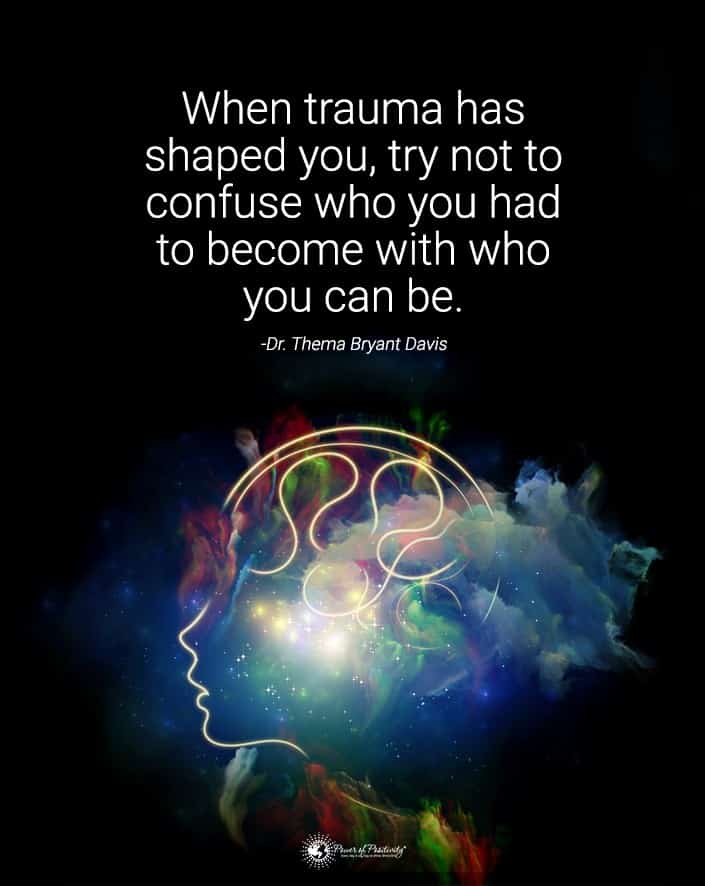
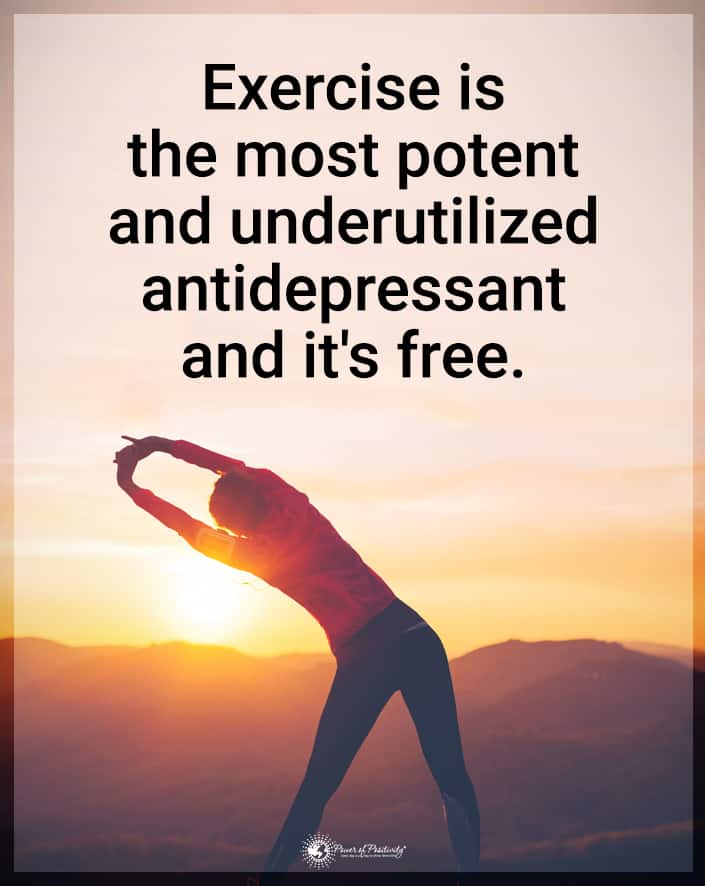
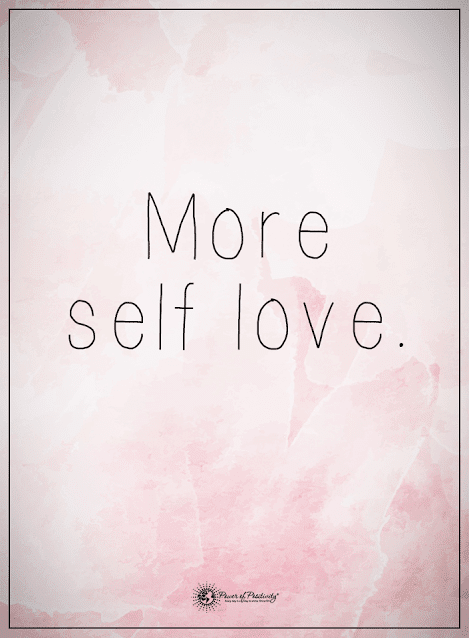
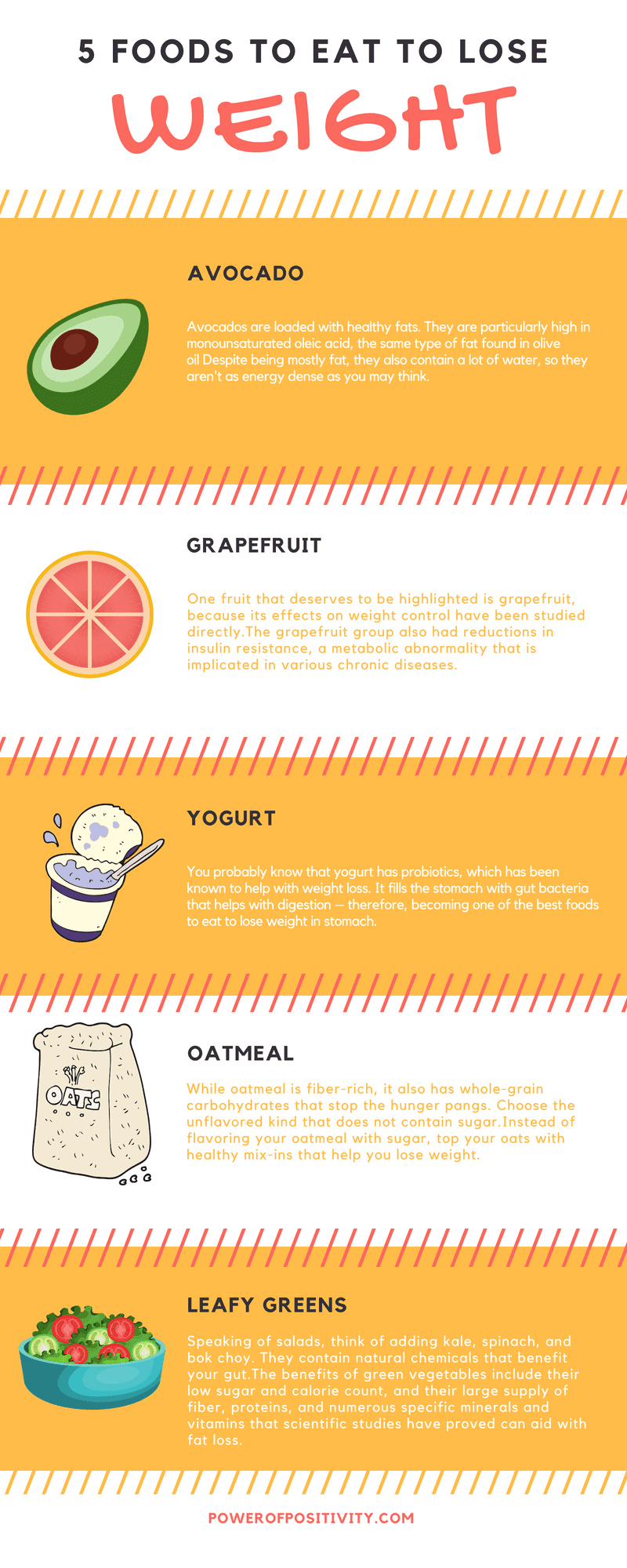
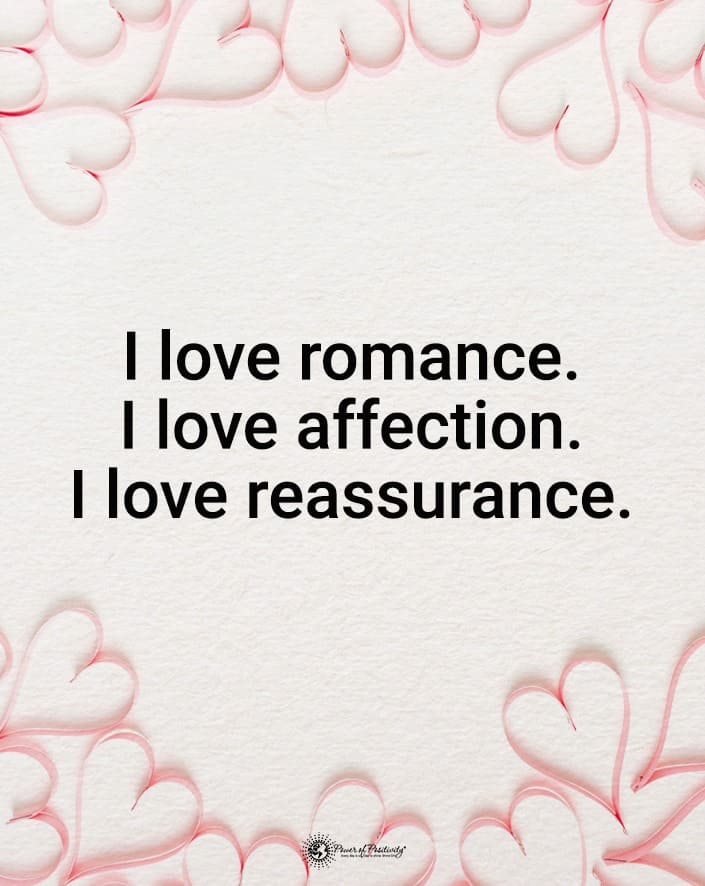 1. Showing a Sense of Selflessness is Sexy
1. Showing a Sense of Selflessness is Sexy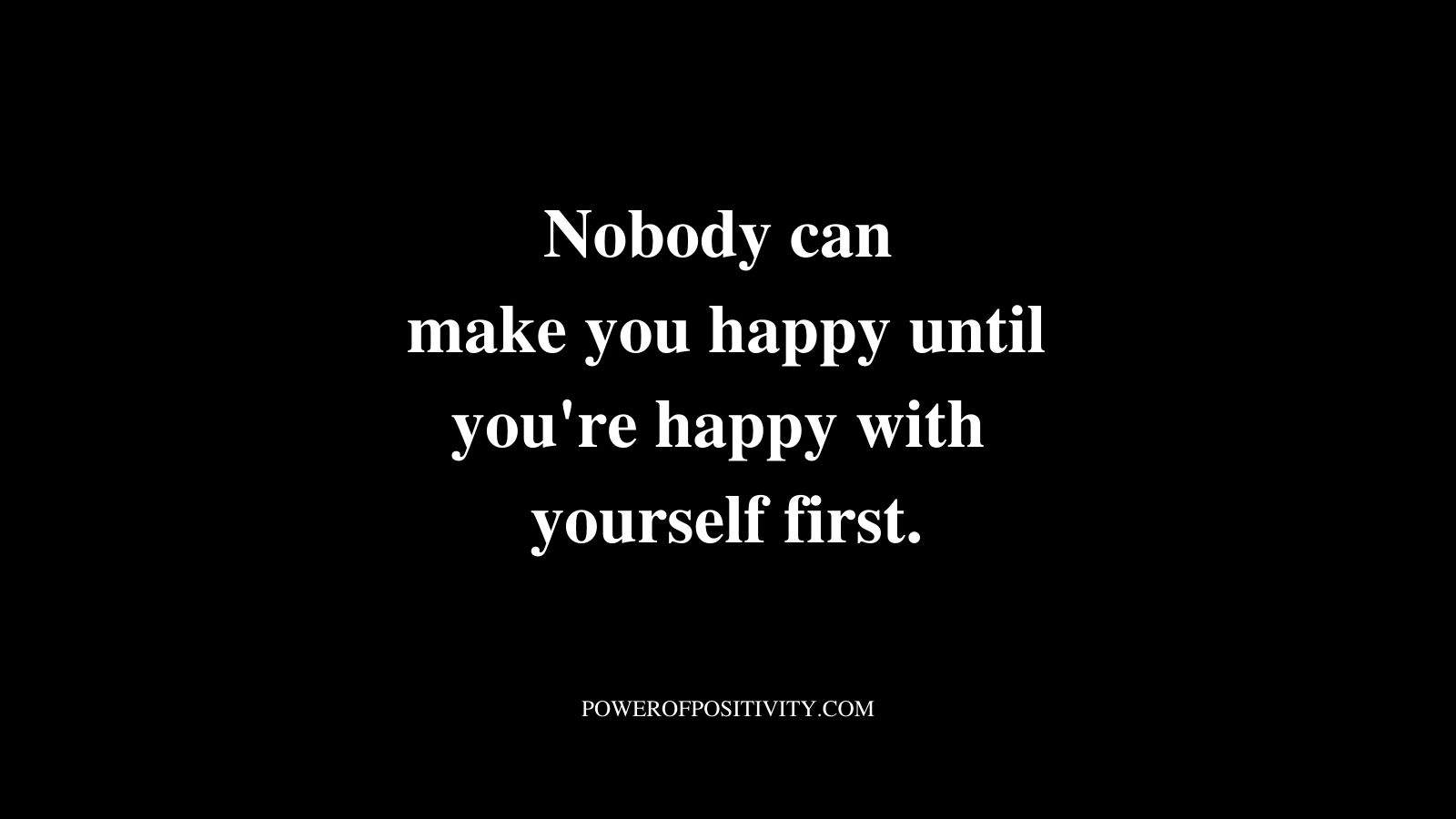 Eight Things That Might Hinder Your Sex Appeal
Eight Things That Might Hinder Your Sex Appeal Final Thoughts on the Six Behaviors That Boost Your Sex Appeal
Final Thoughts on the Six Behaviors That Boost Your Sex Appeal

